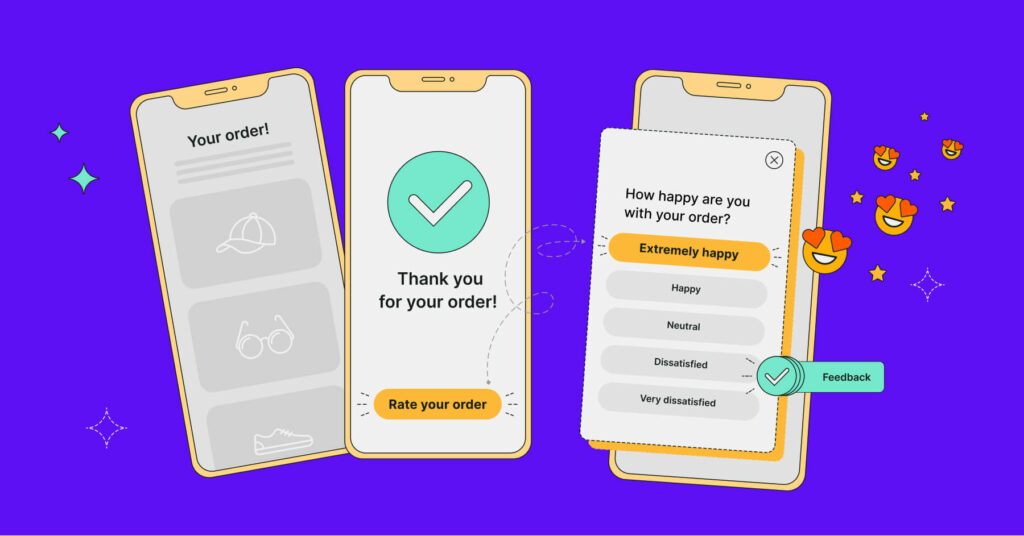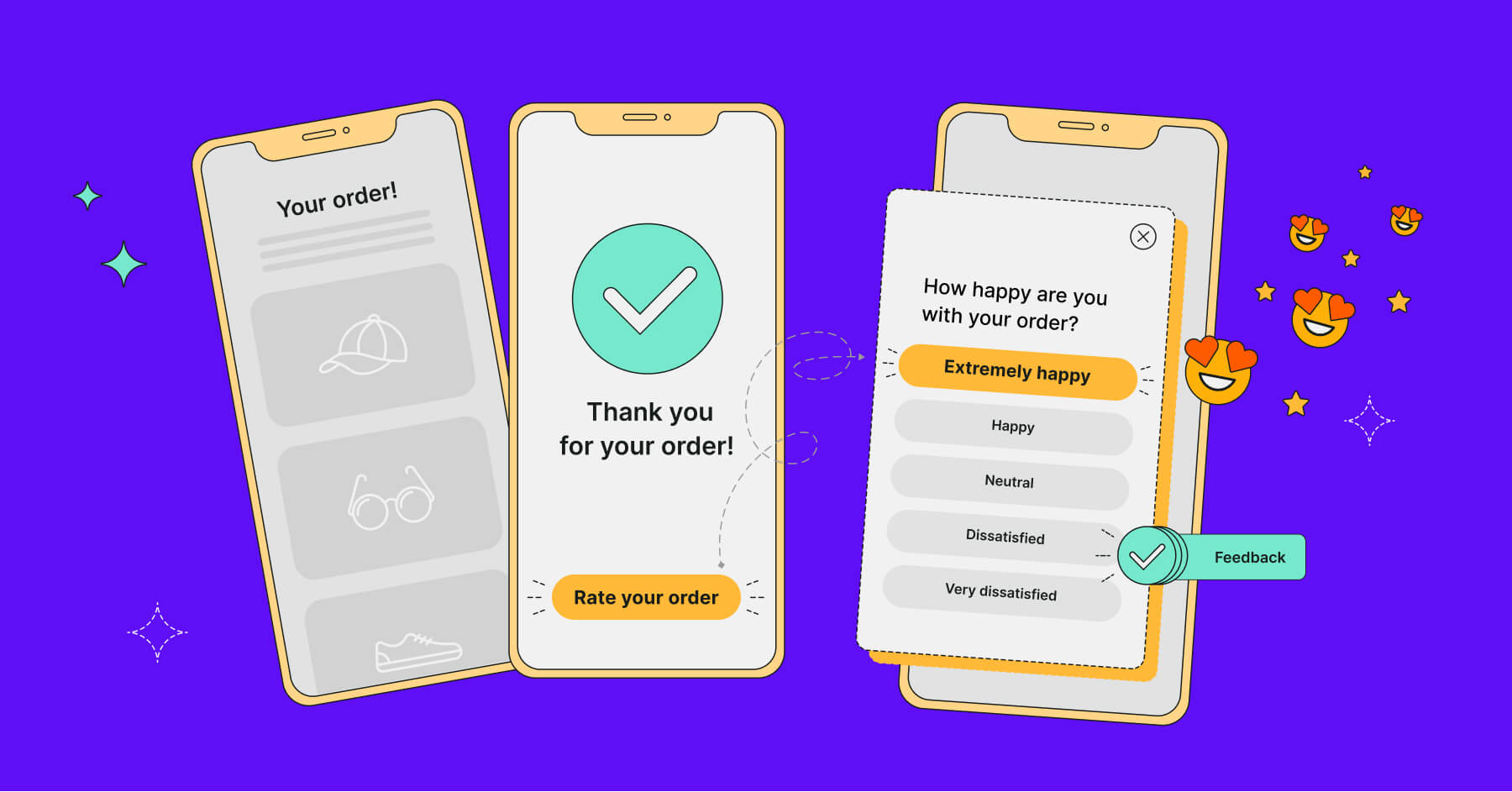How to leverage user feedback to improve your mobile app


In the highly competitive world of mobile apps, ensuring that your app stands out from the rest is crucial for success. One of the most effective ways to achieve this is by leveraging user feedback to improve your app’s performance and user experience. In this comprehensive guide, we will explore the importance of user feedback, and provide you with practical strategies for collecting, analyzing, and implementing it to enhance your mobile app.
The Power of User Feedback
User feedback is the key to understanding how your app is performing and meeting the needs of your target audience. By actively seeking and considering feedback from your users, you can identify areas for improvement and opportunities for innovation. Furthermore, incorporating user feedback into your development process demonstrates a commitment to customer satisfaction and can significantly boost user engagement and loyalty.
Collecting User Feedback
- In-app Surveys and Feedback Forms. Designing a user-friendly feedback system within your app can encourage users to share their thoughts and experiences. Keep surveys short and focused, asking specific questions about app functionality and usability. For best results, utilize a mix of open-ended and close-ended questions.
- App Store Reviews. App store reviews offer valuable insights into the user experience. Regularly monitor and respond to these reviews to show users that you value their opinions and are committed to addressing their concerns.
- Social Media Monitoring. Keeping an eye on social media platforms can provide you with unfiltered user feedback. Set up alerts for your app’s name and relevant keywords, and actively engage with users who mention your app to gain insights and foster positive relationships.
- Customer Support Interactions. Customer support interactions can be a goldmine for user feedback. By closely analyzing the issues and questions users raise, you can identify trends and pinpoint areas that need improvement.
Analyzing User Feedback
- Categorize Feedback. Organize feedback into categories, such as usability, functionality, design, and content, to make it easier to identify patterns and prioritize improvements.
- Determine the Impact. Evaluate the potential impact of each piece of feedback on the overall user experience. Prioritize improvements that will have the greatest positive effect on user satisfaction and app performance.
- Identify Trends. Look for recurring themes and issues in the feedback you collect. Identifying trends can help you focus on the most significant areas for improvement.
Implementing User Feedback
- Create an Action Plan. Develop a clear and actionable plan for addressing user feedback. This should include specific tasks, deadlines, and responsible team members.
- Communicate with Users. Keep users informed about the changes you are making in response to their feedback. This transparency can help build trust and demonstrate your commitment to user satisfaction.
- Monitor the Results. After implementing changes, monitor key performance indicators (KPIs) to gauge the impact of your improvements. This will allow you to assess the effectiveness of your efforts and make any necessary adjustments.
Continuous Improvement
Iterate and Adapt. The process of leveraging user feedback to improve your app should be ongoing. Continuously collect, analyze, and implement feedback to ensure your app remains relevant, user-friendly, and engaging.
Test and Validate. Before fully implementing changes based on user feedback, conduct A/B testing to validate their effectiveness. This will help you avoid unintended consequences and optimize the user experience.
Conclusion
User feedback is an invaluable resource for enhancing your mobile app and ensuring its success in the competitive app market. By actively collecting, analyzing, and implementing user feedback, you can create an app that not only meets but exceeds the expectations of your target audience. Remember that leveraging user feedback is not a one-time process but rather an ongoing commitment to continuous improvement and user satisfaction.
By integrating user feedback into your app development and optimization strategy, you can stay ahead of the competition and foster a loyal user base. As you prioritize and address user concerns, you’ll create a more engaging and seamless experience, ultimately leading to higher download rates, better user retention, and increased revenue for your mobile app.
In summary, never underestimate the power of user feedback. It is the key to unlocking your app’s full potential and ensuring its long-term success. By embracing user feedback and incorporating it into your development process, you’ll be well on your way to creating a truly exceptional mobile app that stands out in today’s crowded marketplace.






Responses